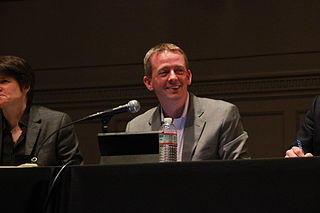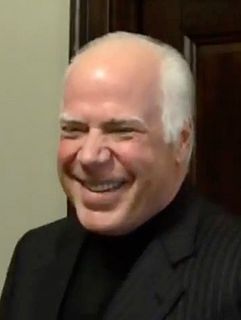A Quote by David Rolf
The minimum wage isn't earned only by people working at fast food restaurants and in service industry work - the average income for positions like nursing assistants, preschool teachers and paramedics are all under $15.
Related Quotes
There's this notion out there - and it's a categorically false notion - that the only business model in the service industry is the minimum-wage business model. I say phooey to that. You go to a Costco store, and you see people there who've been working there for years and years. They're making $15, $20 an hour, plus health benefits.
Those externalized costs have always included labor. It is only the decline over time of the minimum wage in real dollars that's made the fast food industry possible, along with feedlot agriculture, pharmaceuticals on the farm, pesticides and regulatory forbearance. All these things are part of the answer to the question: Why is that crap so cheap? Our food is dishonestly priced. One of the ways in which it's dishonestly priced is the fact that people are not paid a living wage to process it, to serve it, to grow it, to slaughter it.
Especially for the young and the lowest-skilled, minimum wage becomes a toll that prevents many from entering the work force and gaining the skills that can make a low income or middle class worker a high income worker. This is so obvious that one wonders why liberals keep championing the minimum wage cause.
Raising the minimum wage and lowering the barriers to union organization would carry a trade-off - higher unemployment. A better idea is to have the government subsidize low-wage employment. The earned-income tax credit for low-income workers - which has been the object of proposed cuts by both President Clinton and congressional Republicans - has been a positive step in this direction.
I would favor three policies: raising the minimum wage to $12, closing the tax loophole where persons only pay a 15% income tax on long term capital gains (tax it at the full tax rate), and institute a progressive tax moving the highest tax rate from 39.6% to 45%. I would favor implementing these three policies in that order, starting with raising the minimum wage, but not stopping there.







































